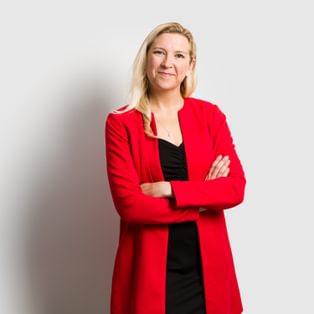Unused talents gives you no advantage over someone who has no talent at all – Mark Twain
The United Kingdom has a somewhat quiet reputation as a centre of creativity and artistic expression. This is unfair when you consider the plethora of local and international talent that call the UK ‘home’. Whether it is Banksy or Jonathan Richardson, Stormzy or Elizabeth Bainbridge the depth of cultural and artistic talent in the UK is incredibly rich and diverse. The Global Talent Visa is currently an untapped resource for international creatives looking to make the UK and Europe their new muse.
Global Talent – the Endorsement
The Global Talent visa is not a new visa category at all but it certainly is under-utilised. In order to successfully secure a Global Talent visa, you must be a ‘leader’ or ‘potential leader’ in the fields of:
- Academia or research
- Arts and culture
- Digital technology.
“Arts and culture” cover a wide range of disciplines – be you a dancer, an architect, a fashion designer or in film and television, the Global Talent visa could be an option. It not a visa that is issued to anyone however – you first must convince an endorsing body (such as the Arts Council) that your portfolio of work is worthy of recognition (either as a ‘leader’ in your field or as a ‘potential leader’). The endorsement process can be quite rigid and intense and for creatives the strict structure of the application process can often be the biggest obstacle. But once overcome, the resulting endorsement can result in a visa for a period of up to five years.
During this grant of leave to remain, you can work in your field with very little restrictions – you can be employed, self-employed or a director of a company. You could produce one literary piece or paint over 100 landscapes. It is really a flexible option for those seeking residence in the United Kingdom. There are no language or minimum salary/income requirements (which is quite unusual for a UK visa).
Obtaining settlement and tax
If an international artist or creative is recognised as a leader, then such an individual would be eligible to apply for settlement (or permanent residence) in the UK after 3 years. Those recognised as a ‘potential leader’ would have to reside in the UK for at least 5 years. The possibility of settlement after 3 years may be of particular interest to those who have no prior residence in the UK – it means that an international artist could become settled in the UK before hitting the four-year residence tax threshold.
Under the new tax rules announced by the Labour Government, individuals who have been resident in the UK for more than four years will be subject to full UK taxation on their global income and gains. But if an individual secures settlement after 3 years, they have the option to then leave the UK (potentially avoiding the tax implications just mentioned). Settlement is usually only lost if someone is absent from the UK for a continuous period of two years and so it would be possible for an someone to secure settlement, leave the UK prior to the tax threshold and still be able to come back to the UK for specific projects or opportunities without having to worry about their immigration status. This is of course a very high-level summary of just one aspect of the tax rules – there may be other ties or links that would result in an individual becoming subject to full UK taxation.
For those advising and assisting international talents, it is worth exploring the Global Talent visa to maximise the benefits it possibly offers from an immigration and tax perspective.











